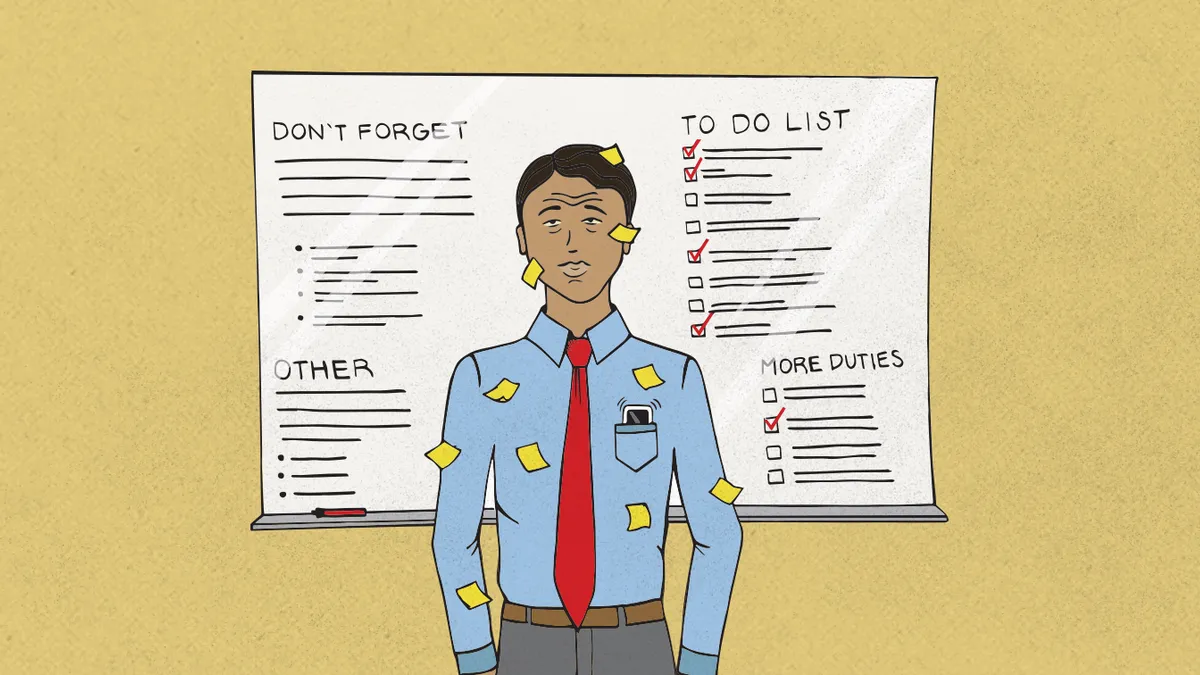In “Other Duties as Assigned,” HR Dive Lead Editor Kate Tornone weighs in on employment trends, compliance best practices and, of course, the situations that require you to go above and beyond your normal duties. Today: mitigating the effects of the “Super Bowl flu.”
“Super Bowl flu” — that is, widespread absences from work right after the Super Bowl, not the illness the Eagles are dealing with — is on track for its most contagious year yet.
U.S. employers could see a record 22.6 million absences Monday, according to survey results from UKG. That would shatter the previously predicted high of 18.8 million from 2023 — the last time Kansas City and Philadelphia met in the Super Bowl.
Being short-staffed can cost employers financially and burden those left to pick up the slack. So how can HR professionals guide their organization through such a day without tanking morale?
The opening drive
HR can start with a culture of open communication — one where employees feel comfortable requesting time off and know managers will try to accommodate those requests in good faith.
Fortunately, many have already done this: “Although a record number of employees plan to miss work on Monday, we continue to see forward progress with managers and employees having more open conversations about taking the day off, swapping shifts, or making arrangements to come in late so that the business is covered,” Julie Develin, senior partner of HCM advisory at UKG, said in a statement.
If your workplace hasn’t made progress on those fronts, managers can take a few immediate steps. For one, they can express an understanding that productivity may be lower than usual on Monday because of Sunday night’s event. They also can work collaboratively with team members to make plans for coverage.
And if nothing else, Monday may shed some light on communication gaps or scheduling policies that aren’t working.
Go for the 2-point conversion
A culture of open communication is a great starting point, but to really see the benefits, HR can couple that with strong engagement and belonging efforts.
When employees are engaged in their work, individuals see how their contributions advance the company’s mission and become committed to its success. In practice, that’s an employee putting the finishing touches on a project today instead of Monday, when they know they won’t be at their best.
A greater sense of belonging, driven by authentic connections, can lead individuals to operate with empathy toward co-workers. This looks like proactive shift-swapping, with a non-sports-minded employee picking up the Monday morning shift for a co-worker who would be more than happy to help them leave early next Friday for a Valentine’s Day dinner. It’s a manager rescheduling a non-urgent Monday morning Zoom meeting so employees don’t need to be camera-ready at 9 a.m. the morning after a major late-night event.
All of those things together create a workplace where employees see themselves thriving in the long term, and fosters a stronger sense that everyone is working toward the same goals.
Anyway, go birds.


















